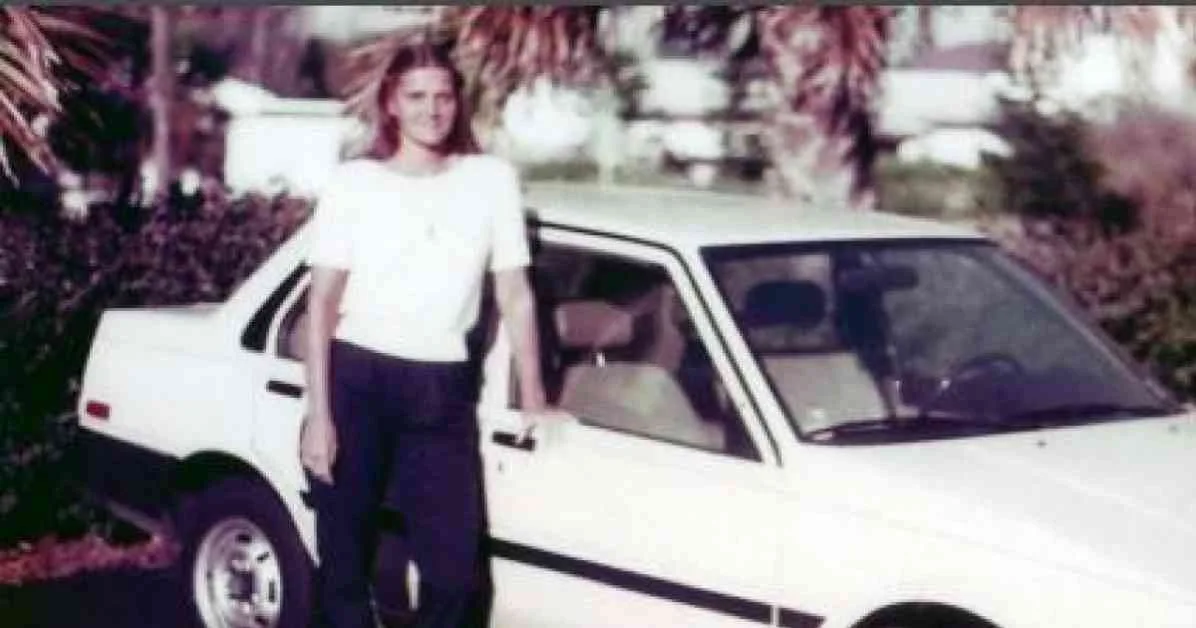A man has been charged in connection with the 1985 killing of a Wisconsin college student, shedding new light on a decades-old cold case that has haunted the community for years. Michael Raymond Popp of Tomah was arrested on one count of first-degree murder in the slaying of 24-year-old Terry Dolowy, whose decapitated body was found days after she disappeared. Popp, 60, is currently being held at the Vernon County Jail on $1 million cash bail.
Authorities revealed that Popp was acquainted with Dolowy, who was a senior at the University of Wisconsin-La Crosse at the time of her death. The criminal complaint states that Popp lived near Dolowy and her fiancé in La Crosse County when the tragic event occurred. Dolowy, originally from River Forest, Illinois, worked as a bar manager at an upscale restaurant in La Crosse and was described as a beloved member of the community.
Dolowy went missing on February 14, 1985, from her Barre Mills home, leaving behind her purse, car, and dog. Days later, her decapitated and burning body was discovered in a roadside culvert in Vernon County. Despite extensive investigations over the years, her head has never been located, leaving many questions unanswered.
Years after Dolowy’s murder, a crucial piece of evidence was found in the form of a paint chip discovered in a sheet that had been used to wrap her body. Officials speculated that the paint could have come from the trunk of a vehicle used to transport the victim. This discovery reignited interest in the case and eventually led to the breakthrough that brought Popp to the attention of law enforcement.
DNA samples taken from Popp in January 2023 matched material found during Dolowy’s autopsy, providing a crucial link between him and the crime. Initially, Popp downplayed his relationship with Dolowy, claiming they were only casual acquaintances. However, when presented with the DNA evidence connecting him to the victim, he admitted to having had a brief affair with her for several months.
Despite this admission, Popp maintains his innocence, denying any involvement in Dolowy’s murder and asserting that he is not a violent person. His reluctance to be associated with the case was evident in his initial responses to authorities, but the mounting evidence against him has brought the decades-old cold case to a new level of scrutiny.
The arrest of Popp has brought some closure to the long-standing mystery surrounding Dolowy’s death, but many questions still remain unanswered. As the legal proceedings unfold, the community grapples with the chilling details of a crime that has haunted them for nearly four decades.
The DNA Detective: Unsung Hero of Cold Case Investigations
One of the unsung heroes in the resolution of cold cases is the DNA “detective” who uses cutting-edge technology to unlock long-buried secrets. In the case of Terry Dolowy’s murder, DNA evidence played a crucial role in identifying the perpetrator and bringing him to justice. The meticulous work of forensic experts and investigators highlights the importance of advancements in DNA analysis in solving crimes that have remained unsolved for years.
The Impact of Cold Cases on Communities
The reopening of cold cases, such as the murder of Terry Dolowy, can have a profound impact on the communities where these crimes occurred. The resurgence of painful memories and unanswered questions can reignite feelings of fear and uncertainty among residents who lived through the original investigation. However, the resolution of these cases also brings a sense of closure and justice that can help communities heal and move forward.
Lessons Learned from Cold Case Investigations
The case of Terry Dolowy serves as a reminder of the importance of perseverance and dedication in cold case investigations. Despite the passage of time, law enforcement officials continued to pursue leads and explore new avenues of evidence, ultimately leading to the arrest of a suspect. The diligence of investigators and the advancements in forensic technology have paved the way for justice to be served in cases that were once thought unsolvable.






















